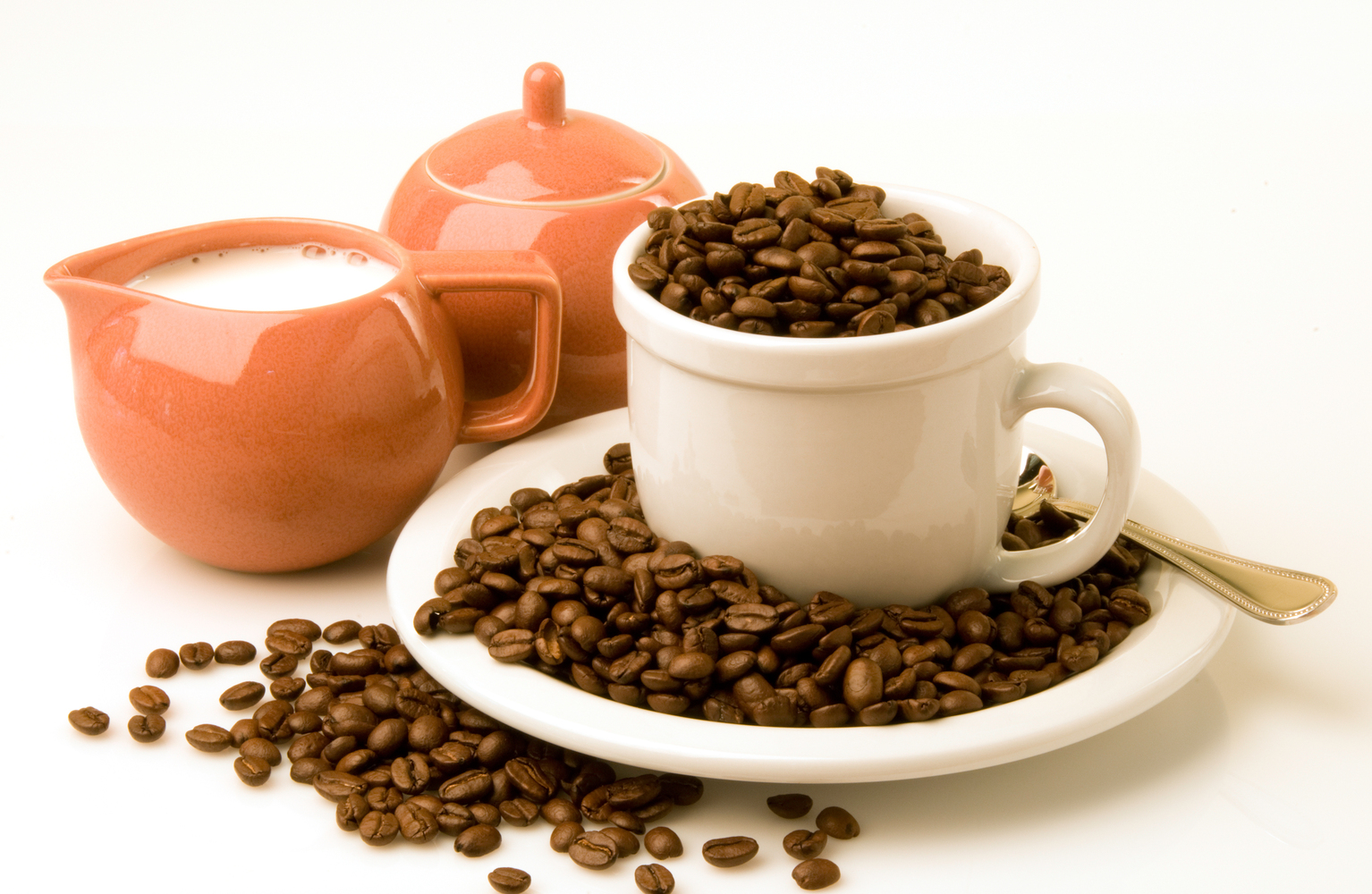
Foods That Trigger Ulcerative Colitis
Ulcerative colitis is a type of inflammatory bowel disease (IBD), which affects the colon and rectum as well as the body’s ability to absorb essential nutrients. Symptoms often appear in periods known as “flare ups”, resulting in diarrhea, abdominal pain and cramping, rectal pain and sometimes bleeding—passing small amounts of blood with stool, weight loss, and extreme fatigue.
Management of colitis must be overseen by a medical professional who may recommend medications, therapies and certain lifestyle changes that include eliminating certain trigger foods from the diet that can worsen symptoms. Here are the known foods that often trigger ulcerative colitis symptoms:
1. Alcohol
Beverages that contain alcohol, such as wine and beer, contain sugar that stimulates the intestines to cause diarrhea. When you have a flare-up, it is better to take tomato juice, water, or decaf tea instead. When the condition is in remission, you can enjoy a few drinks but be on the lookout for increased symptoms
2. Caffeine
Food and drinks that contain caffeine, such as soda, chocolate, and coffee worsen ulcerative colitis symptoms. Soda is worse as it also has sugar which causes diarrhea. Carbonation in these drinks increases your trips to the toilet, which ends up triggering a flare-up. This disease causes dehydration because of diarrhea. Therefore, instead of taking soda or other caffeinated drinks, take water to hydrate your body
3. Carbonated drinks
Carbonated beverages cause problems for people living with ulcerative colitis. The carbonation causes increased gas production and irritates the colon, while excess sugar causes diarrhea. These types of drinks are also caffeinated, which speeds up the digestive tract’s action, causing increased diarrhea and abdominal cramping
4. Dairy products
Many people who have ulcerative colitis experience increased gas, abdominal pain, and diarrhea when they take dairy products, such as ice cream or milk. If you have increased symptoms after taking a glass of milk, cut back or eliminate it from your diet. Some of the people who have ulcerative colitis are also lactose intolerant. This means that their body does not have the enzyme that digests milk sugar
5. Foods with sulfur or sulfates
Sulfate is a necessary nutrient in our diet that aids in numerous body processes, but it sometimes feeds certain bacteria that produce toxic gas in the patient. A significant number of people with ulcerative colitis produce toxic gas (H2S) instead of methane gas. If you experience excess gas and bloating, you may have a surplus of these bacteria in the colon or excess sulfides and sulfate in your diet. Foods that have sulfur or sulfates include dried fruit, cheese, eggs, cruciferous vegetables, grape and apple juice, wine and beer, and red meat
6. High fiber foods
Excess fiber worsens the symptoms of this disease. When the body is unable to digest fiber, it is eliminated through bowel movements. People with ulcerative colitis suffer from increased bowel movements, cramping, and abdominal pain when they eat foods high in fiber. You should eat foods such as apples, leafy greens, cauliflower, and broccoli during flare-ups. If you must have them, ensure the veggies and fruits are peeled and cooked to make them easier to digest
Sterala is an approved drug for the treatment of ulcerative colitis in adults with moderate to severe cases. Ulcerative colitis treatment Stelara aims to help manage the disease by inducing remission.



